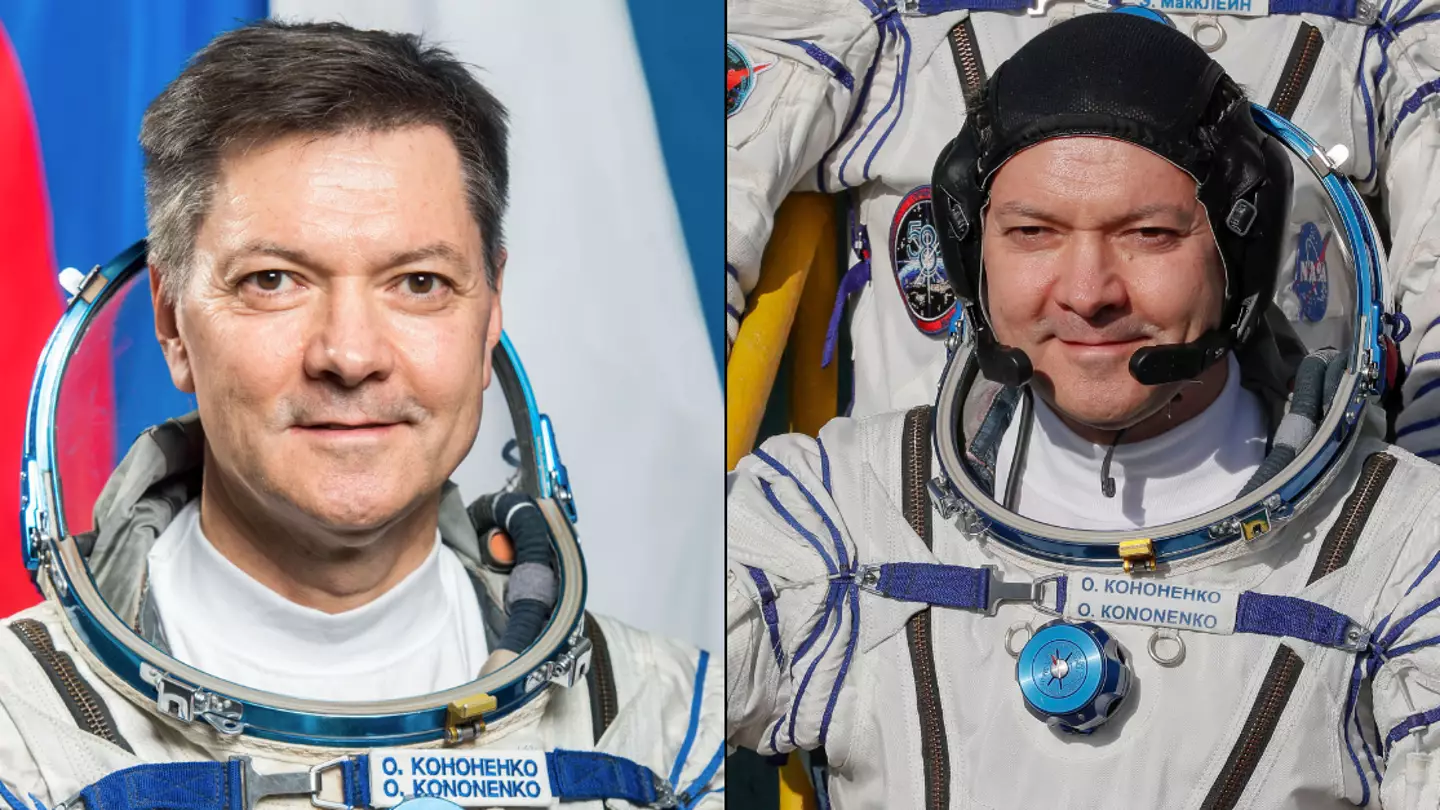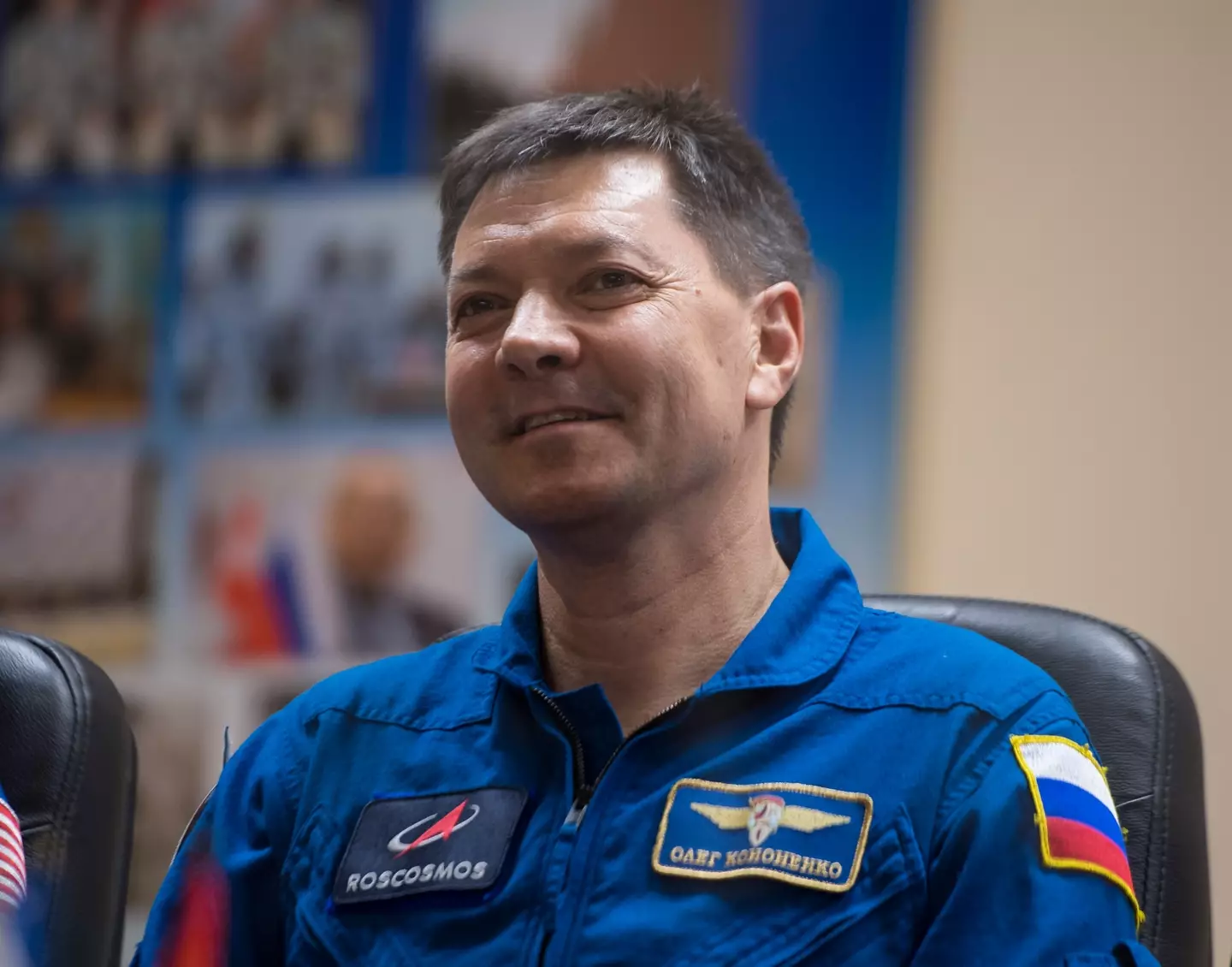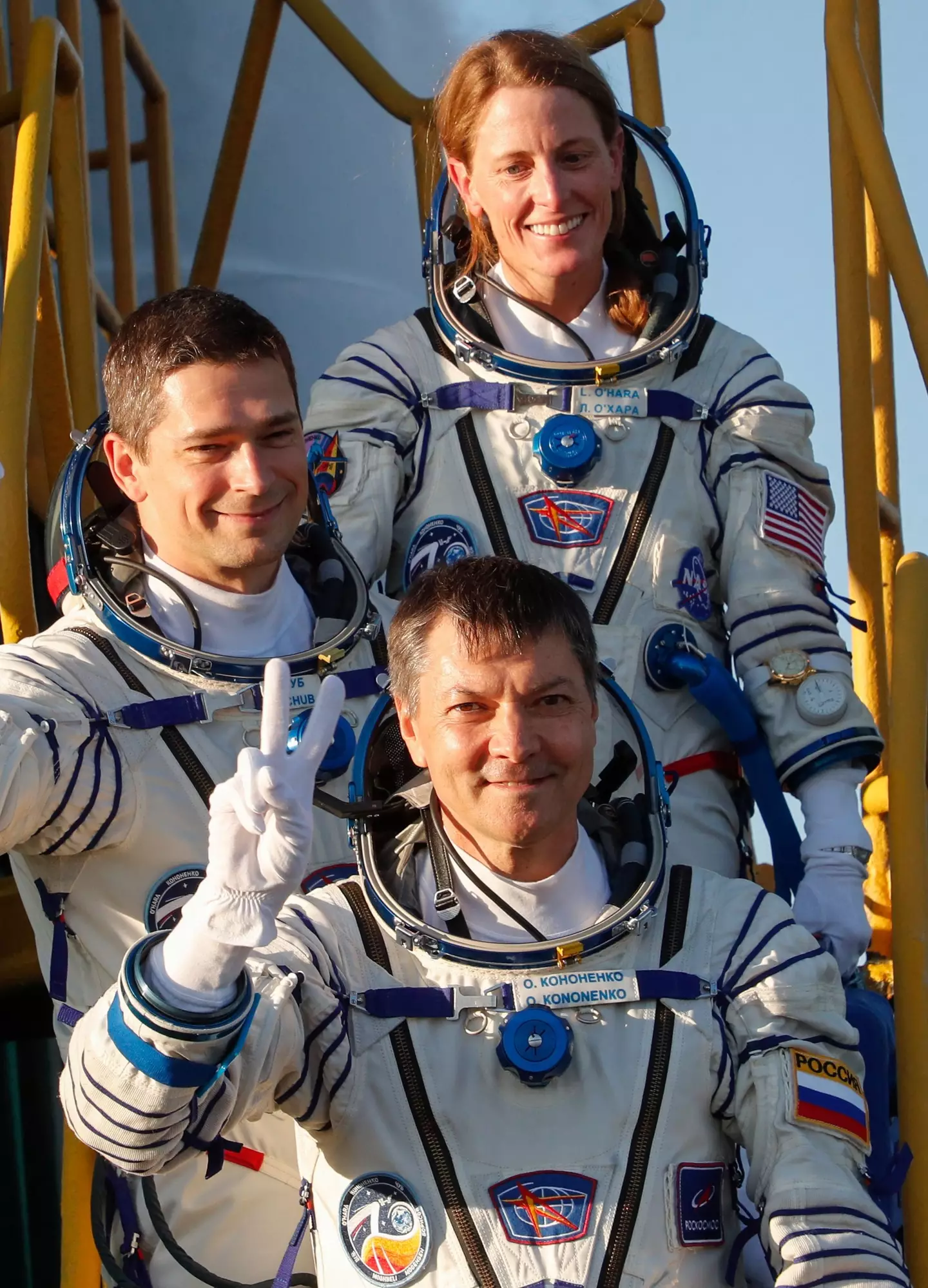
Oleg Kononenko has become the envy of space cadets across the solar system after becoming the first person to spend 1,000 days in orbit - but I'll bet they aren't too jealous with the repercussions he'll be dealing with as a result.
The 59-year-old Russian cosmonaut will actually have done even longer than that when he finally leaves the International Space Station (ISS) on 23 September later this year, but the world loves a round number, doesn't it?
In total, he will have spent a whopping 1,110 days - or around three years - in space by the end of his trip, which is an impressive figure that he has accumulated while carrying out several different missions since 2008.
Russia's space agency, Roscosmos, announced the news in a triumphant statement on Tuesday.
Advert
It said: "Today at 00:00:20 Moscow time, Roscosmos state corporation cosmonaut Oleg Kononenko, who currently works at the International Space Station, has booked a record of 1,000 days for the first time in the world in terms of total spaceflight duration."
Kononenko will probably have been celebrating space-style this week alongside his colleagues, NASA astronaut Loral O’Hara and compatriot Nikolai Chub, who he launched off with back on 15 September, 2023.
But then again, he's probably got used to being the person who has spent the longest time in space by now, as he first broke the record in February this year.

He outshined fellow Russian cosmonaut Gennady Padalka by beating the previous best of 878 days, 11 hours, 29 minutes, and 48 seconds in space which was set in 2015.
Advert
Speaking to state news agency Tass, Kononenko said of his accomplishment: "There’s this awareness that you have achieved something new and important, that you’ve overcome a certain milestone, touched the unknown. It gives you confidence, and pride in the work you’ve done."
Kononenko revealed that his American counterparts on the ISS were among the first people to congratulate him.
Although it's all smiles and handshakes on the surface though, staying up in space that long comes at a cost.
The cosmonaut - which by the way, just means that he was specifically trained by the Russian Space Agency - will no doubt be experiencing some strange sensations on the ISS right about now, as humans just aren't built for living in space.
We've all seen the horrifying simulation of what would happen to someone who stepped out of a spaceship without wearing a suit - but what effect does being in space for long durations have on astronauts who are suited, booted and safely indoors?
Advert

Well, according to IFL Science, a lot of weird things start happening to your body when you leave Earth.
Apparently, all the fluids floating around inside of you - such as your blood - moves towards your head as soon as you get into space, but this issue later ends up balancing itself out.
On top of that, you lose blood cells as well as muscle and bone density.
So although Kononenko is probably desperate to put his feet on solid ground by now, he better prepare for an uncomfortable landing when he eventually does.
Advert
Other notable space dwellers include NASA astronaut Peggy Whitson, who has spent a grand total of 665 days in space.
Russian cosmonaut Valeri Polyakov also spent a whopping 437 days and 18 hours consecutively onboard the Mir space station in the mid 1990s, which is more than 14 months altogether.
I reckon I'd be opening the emergency exit and taking my chances with the elements by that point.
Topics: Space, Science, World News, Russia